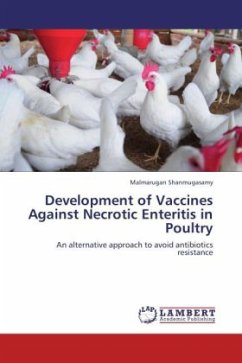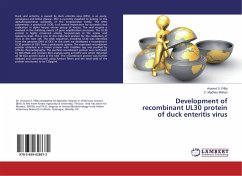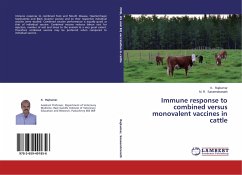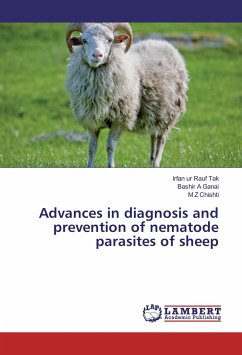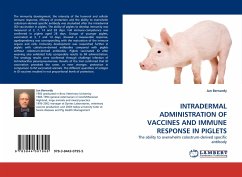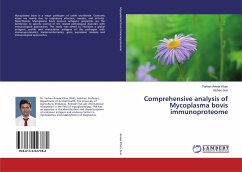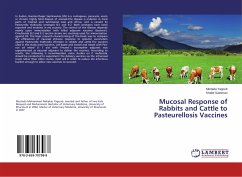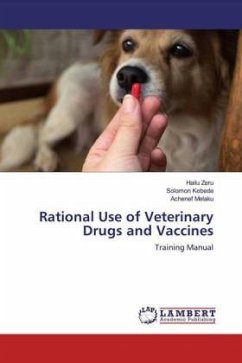Necrotic enteritis caused by Clostridium perfringens is a persistent problem in commercial poultry, especially in rapidly growing broiler chickens. The disease is routinely controlled by antimicrobial drugs, antibiotic growth promoters and ionophores anticoccidials. But this practice has recently come under greater scrutiny due to rise and spread of antibiotic resistant bacterial strains. Hence, there is a need to investigate alternative approaches, including alternative prophylactic measures against necrotic enteritis, which have been explored in recent years. Necrotic enteritis in different mammalian species, including humans, can be prevented by vaccination. This book, a part of PhD thesis submitted to the Tamil Nadu Veterinary and Animal Sciences University, Chennai, India explores the development and effect of six different vaccines against necrotic enteritis in poultry in detail, and also proposes an approach of toxoid and bacterin combined vaccine with probiotics treatment. The results obtained in this work hopefully be of great importance in preventing a disease is of high economic importance in poultry.
